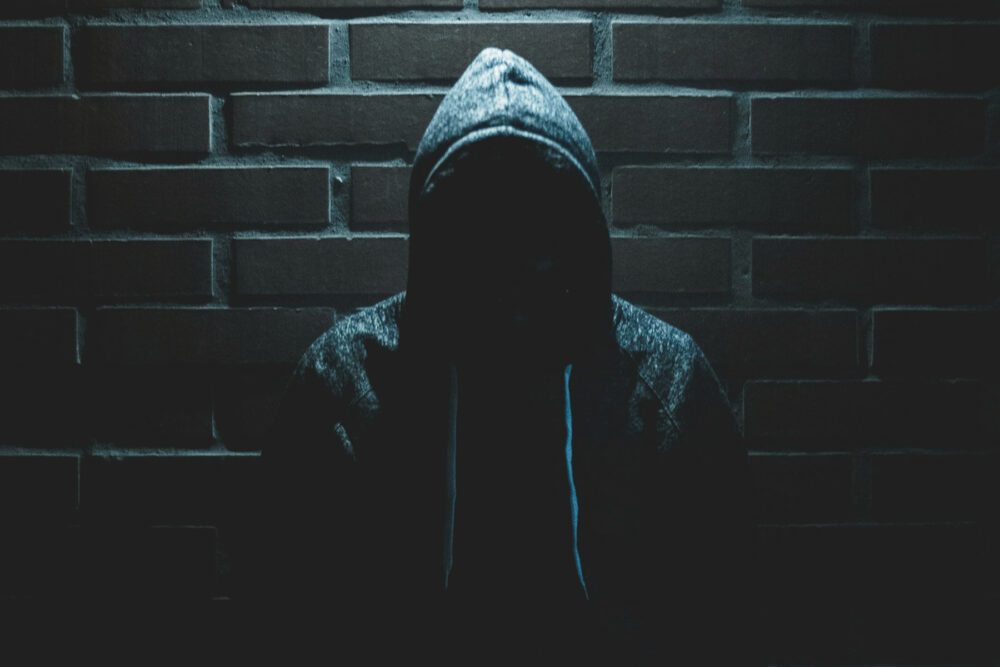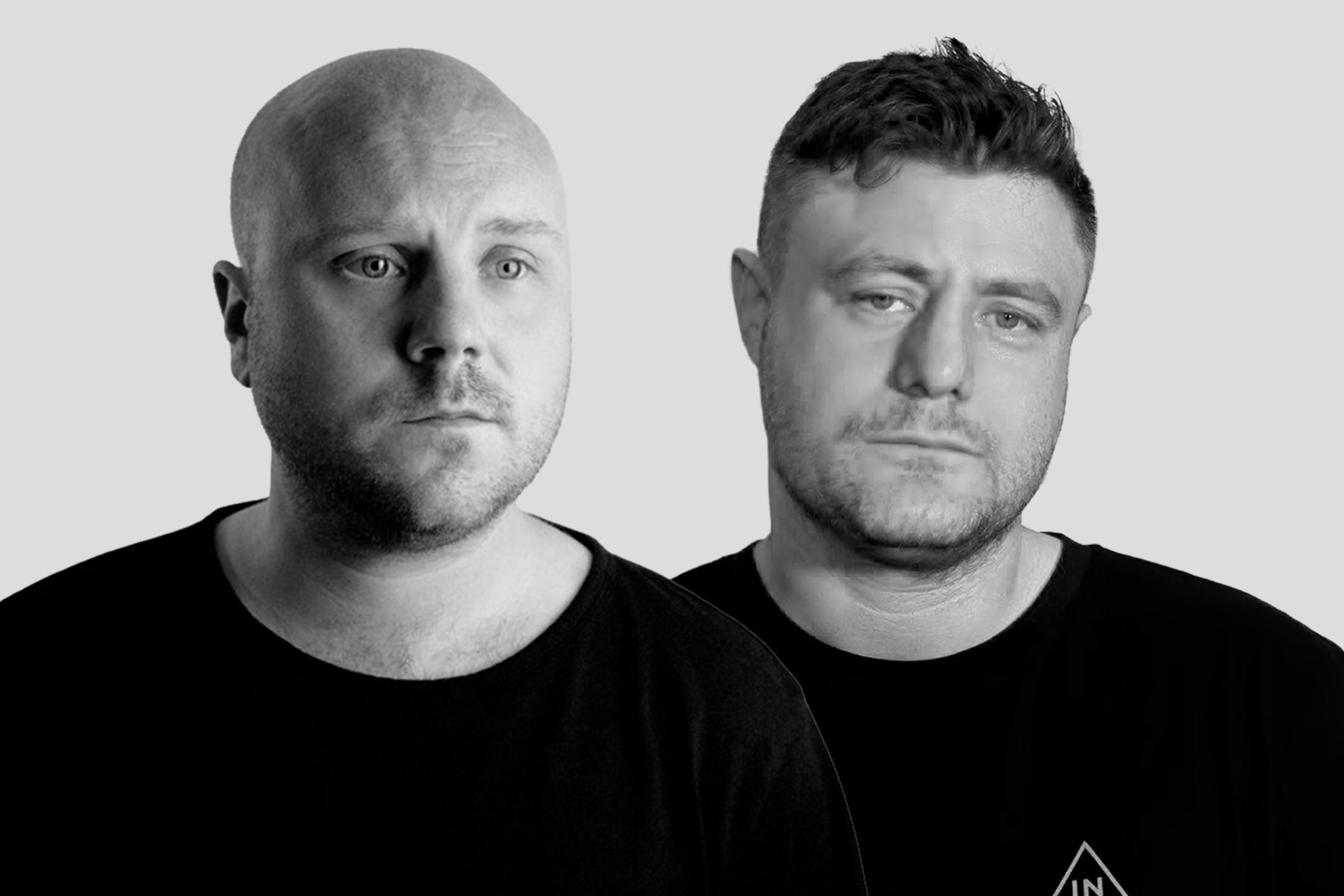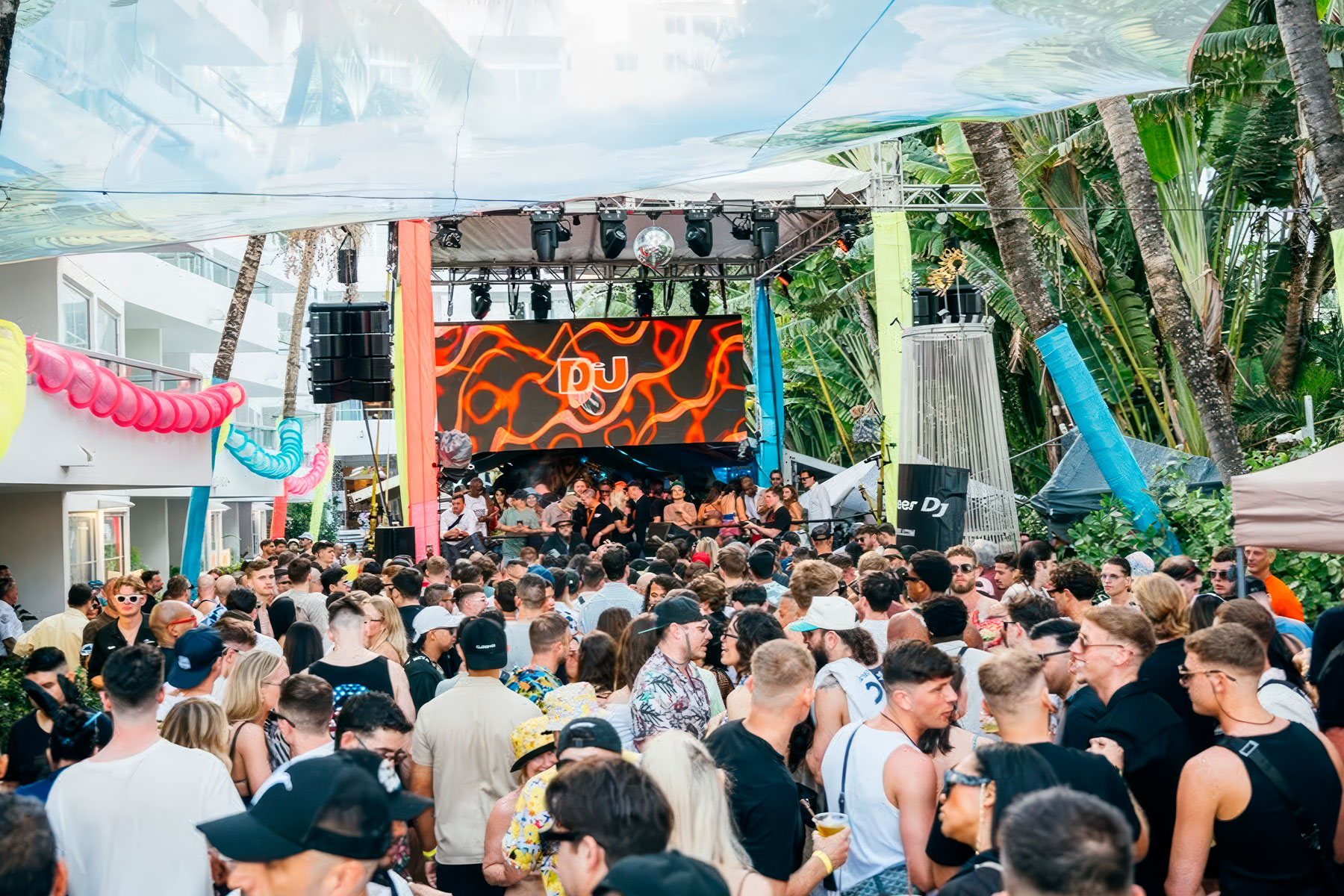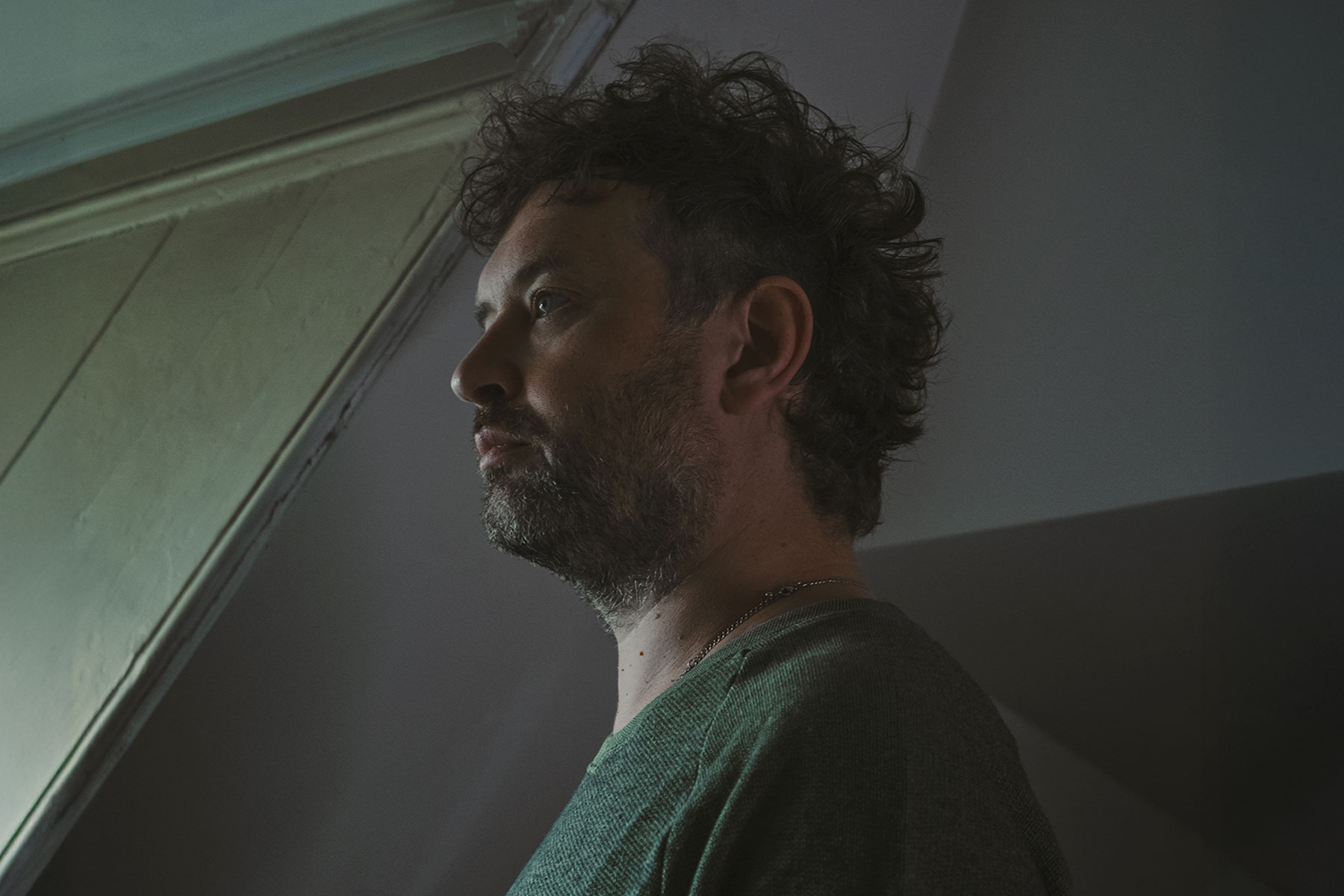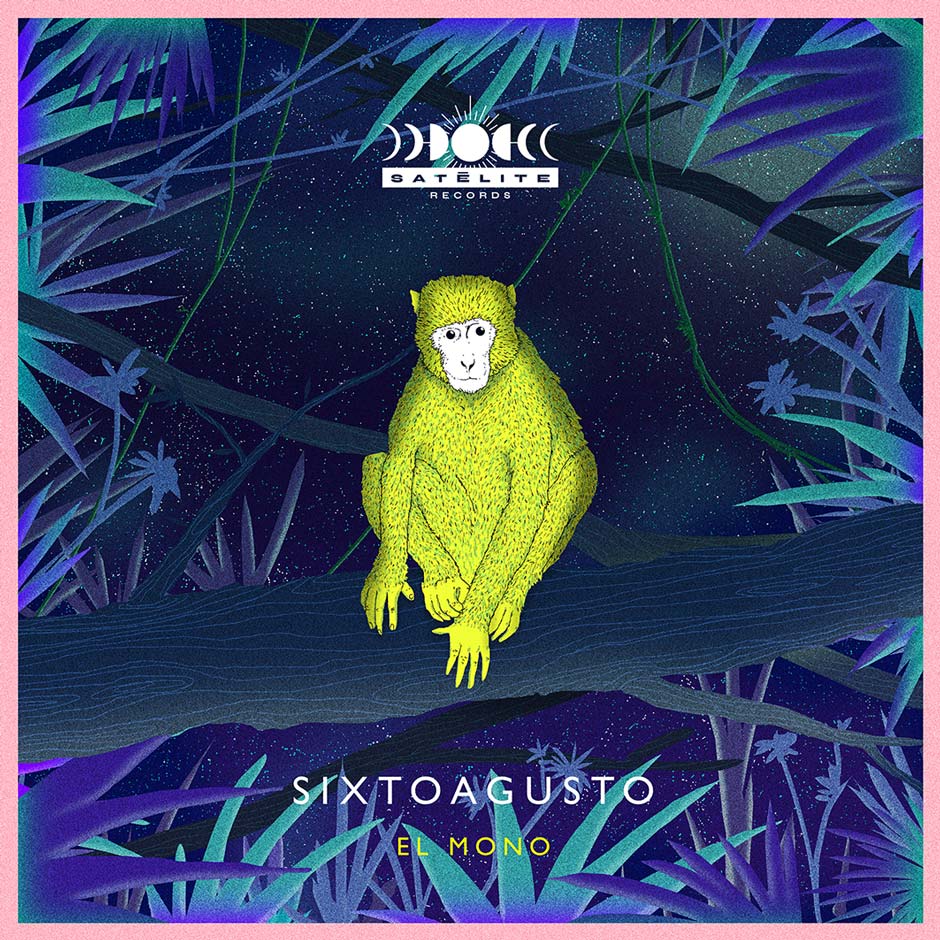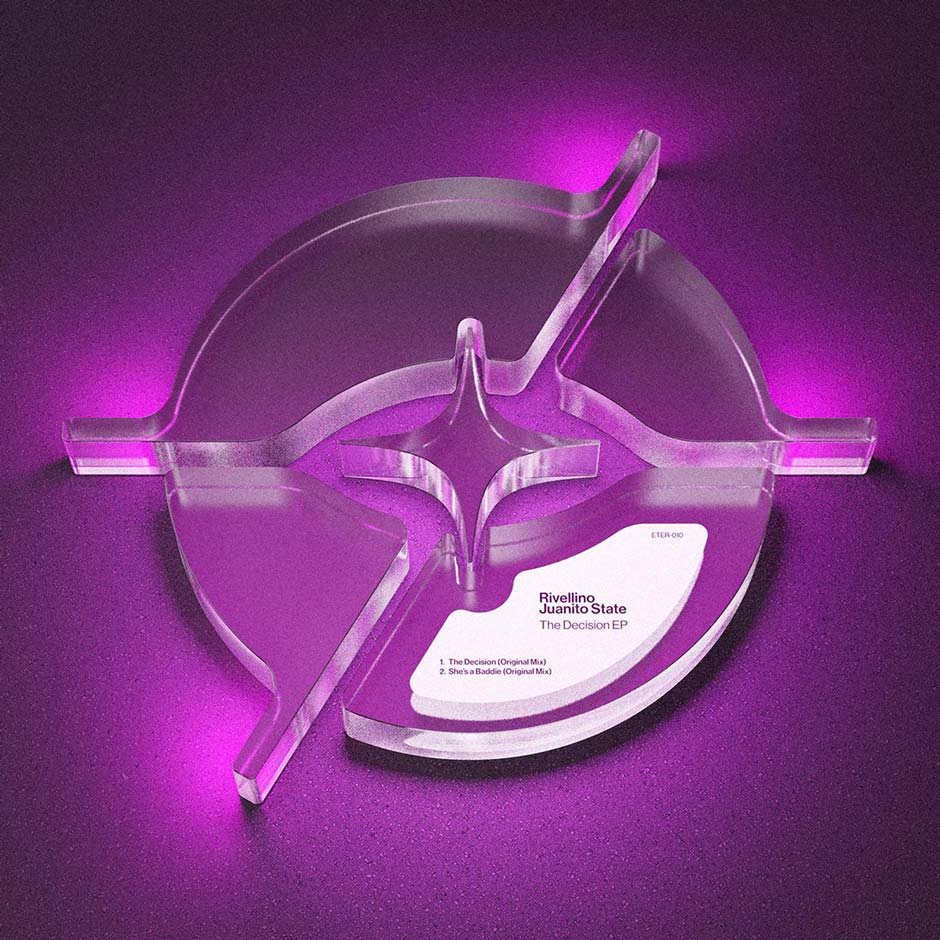When news broke that Loco Dice’s hard drive and USB containing his full music collection had been stolen during his Milan show, the reaction was equal parts shock and disbelief. Losing years of music is every DJ’s nightmare, but the story also raises an uncomfortable question: how secure are our own collections?
Photo by Luis Villasmil on Unsplash
For many artists, touring means carrying not just the tools of the trade but also a lifetime of creative work. The convenience of having everything on hand often outweighs the risk, until something goes wrong. Dice’s loss reminds us that a single point of failure, like one unprotected drive, can erase decades of effort in a moment.
There are a few key lessons worth remembering:
1. Backups are non-negotiable (The 3-2-1 rule)
Follow the 3-2-1 backup rule: keep three copies of your data, on two different types of media, with one copy stored offsite. That means a local copy, a portable drive, and a cloud backup. For DJs, services like Backblaze or a simple monthly clone using Carbon Copy Cloner (Mac) or Acronis True Image (PC) can make the process seamless.
2. Encrypt your data (Protect IP)
Encryption is not just about privacy; it’s about protecting your intellectual property. Use built-in tools like BitLocker (Windows Pro/Enterprise) or FileVault (Mac) to make your drive unreadable without the password. For your most valuable archives, invest in a hardware-encrypted SSD—they’re designed for professionals who tour with sensitive material.
3. Separate your gig drive from your archive
Your main drive should never travel. Keep a smaller, performance-ready USB or SSD for your sets and store your full archive safely offline. Refresh your gig drive before tours so you have fresh music without carrying your entire library into a booth.
4. Document your digital DNA
Use your DJ software’s library management tools like Rekordbox Library Management, Serato Smart Crates, or similar, to export database files regularly. This metadata is the blueprint of your collection and can save weeks of rebuilding if you ever lose the raw files.
5. Treat your data like your gear
A hard drive might look harmless next to a pair of CDJs, but it’s often worth far more than any mixer or headphones. Handle it with the same care you would a prized instrument.
Incidents like this remind us that protecting your music is part of being a professional. Loco Dice’s situation is unfortunate, but it’s also a wake-up call for a community built on trust, creativity, and respect for the art.
In the end, it’s not paranoia. It’s preparation.


